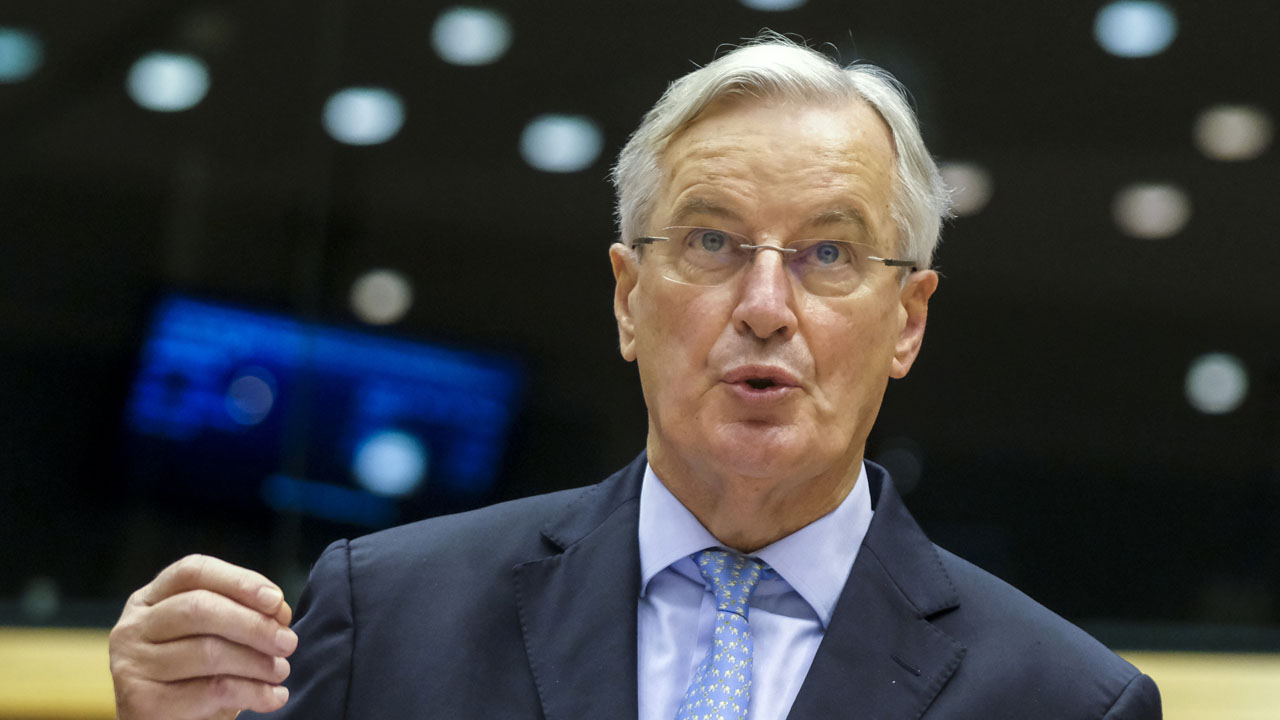EU negotiator Michel Barnier said Wednesday that Europe is ready to move to break the Brexit stalemate, in comments welcomed by London that raised hopes negotiations could be saved.
“I think an agreement is within our grasp, if we are, on both sides, ready to work constructively and in a spirit of compromise,” Barnier told a session of the European Parliament in Brussels.
A deal was possible “if we move forward in the coming days, on the basis of legal texts as we hope to do.
“Our door will always remain open,” he promised.
Barnier’s comments came ahead of a third phone call in three days with his UK counterpart David Frost, who last week had announced that talks were effectively over.
Britain abruptly froze the negotiations after EU leaders at a summit said it was up to Britain, not the EU, to make concessions, which London took as an affront.
The contacts between the men have yet to provide a much needed breakthrough in trade talks that, with no resolution, could see a huge disruption to EU-UK business and cause a political uproar.
The EU had hoped to send negotiators to London this week, but was blocked by the British side that asked for a “fundamental change” in its negotiation stance.
‘Can’t have cake and eat it’
Barnier’s acknowledgement that it was up to both sides to make concessions was a key demand of Britain, as was the commitment to work from legal documents on all topics, something the Europeans had so far not done.
“We note with interest that the EU’s negotiator .. has commented in a significant way on the issues behind the current difficulties in our talks,” a spokesman for British Prime Minister Boris Johnson said.
London was “studying carefully what was said,” he added.
Britain, which left the EU in January but remains bound by most of the bloc’s rules until a transition period ends on December 31, has accused Brussels of stalling negotiations.
If no deal is found and implemented before December 31, Britain will end up trading with the EU on bare bones WTO regulations, a situation that would have profound effects on cross-channel trade.
Speaking ahead of Barnier, EU chief Charles Michel held a much tougher line and asked London to decide if it actually wanted a deal, once and for all.
“You can’t have the butter, the money from the butter and the milkmaid’s smile,” the president of the European Council said, a French maxim that means: “You can’t have your cake and eat it.”
“The UK wants access to our single market, while at the same time, being able to diverge from our standards and regulations, when it suits them,” he complained.
AFP

